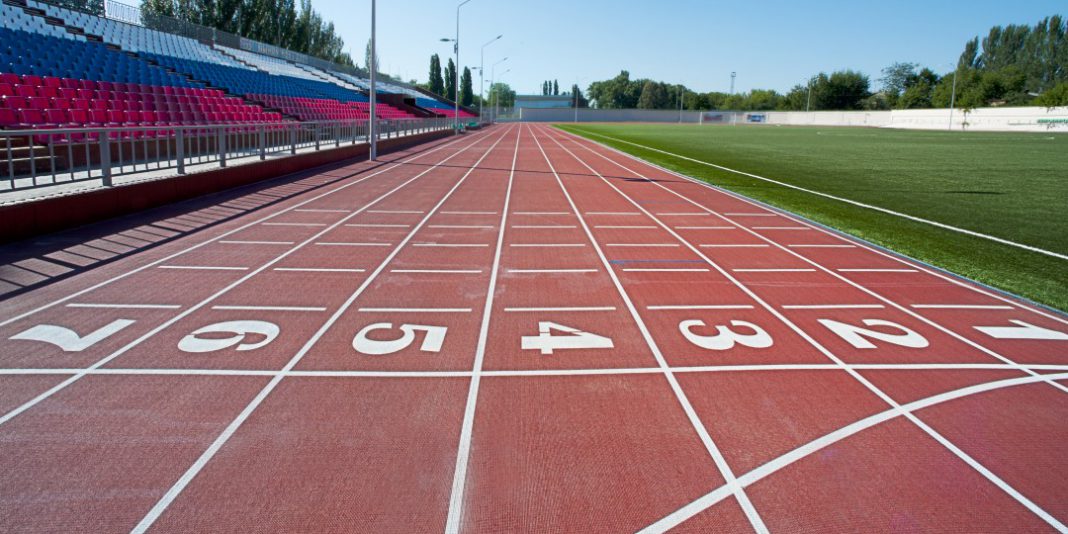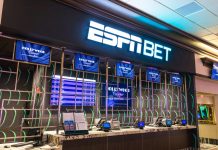NCAA President Mark Emmert and other witnesses at a US Senate hearing this week have stressed the importance of developing fair approaches for student-athletes to utilize their name, image and likeness (NIL) while protecting the integrity of college sports within higher education.
Speaking before the Senate Commerce Subcommittee on Manufacturing, Trade and Consumer Protection, Emmert emphasized that NCAA members in all three divisions are diligently developing reforms that will be equitable for student-athletes in the future. He also said the association may need assistance from Congress to accomplish this work at a national level.
“We greatly value the ongoing dialogue with you and look forward to the continued support of the Congress as we work toward a solution that meets the needs of student-athletes in a manner consistent with the long-held educational values of the NCAA, its schools and conferences, and the nearly 500,000 individuals who participate in college sports each year,” he said in his testimony.
Emmert and Bob Bowlsby, commissioner of the Big 12 Conference, highlighted the many reforms developed in recent years to assist student-athletes, from greater financial assistance for college expenses to health and safety advances, unlimited meals and academic support.
Bowlsby, a member of the NCAA Board of Governors Federal and State Legislation Working Group, told the sub committee that the working group is making progress on NIL solutions.
“The American collegiate model of intercollegiate athletics has no parallel in the world,” Bowlsby said in his testimony. “We are not the NFL, NBA or MLB where well-organized drafts determine the participants. Neither are we the Olympics where the athlete’s only choice of participation is with their country of origin.
“Recruitment, especially in Division I, is highly competitive and highly regulated. To replace or significantly amend the current benefits system we must be able to move ahead with assurance that recruitment can exist and that integrity can be maintained and enhanced.”
Other witnesses included Dr Douglas Girod, chancellor of the University of Kansas, who told senators that a state-by-state approach to name, image and likeness is not feasible for his university and other NCAA schools, which compete across state lines each season. He added that reforms must recognize most student-athletes do not become professional athletes.
“As this process moves forward, we must not forget that more than 98% of student-athletes do not turn professional in their sport after graduation or have significant opportunity to earn income from NIL, yet they benefit greatly from the education and resources they access as student-athletes,” Girod said in his testimony.
“We must be cautious not to risk losing what is so valuable for the 98% while addressing the specific needs of those blessed to take their athletic talents to the professional level.”














